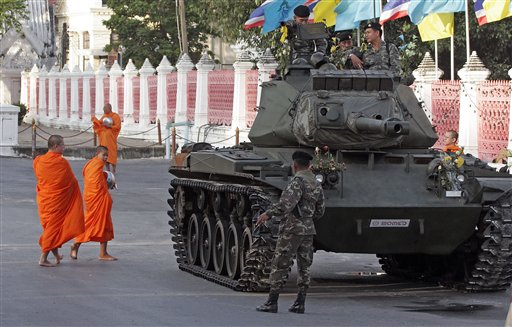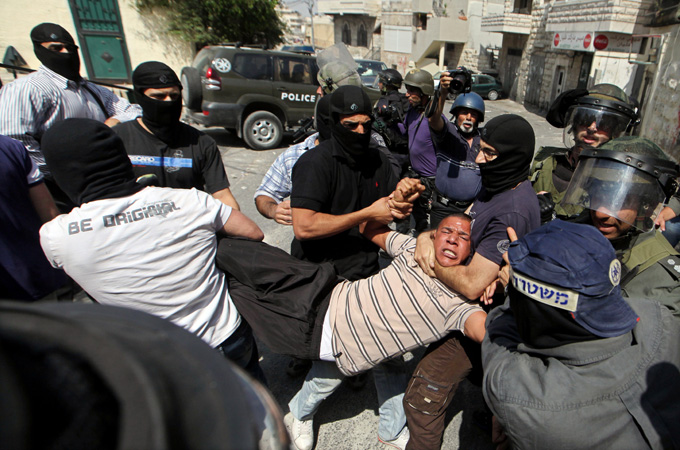Two weeks ago, my colleague Vicky
wrote about the atrocity still unfolding in northern Nigeria, where the Islamic militant group Boko Haram stormed a school several weeks ago and abducted over 200 schoolgirls. The days and weeks following the abduction were consumed by conflicted stories in the media, confusion on the part of the Nigerian government in their response, and above all, questions left unanswered - the number of girls abducted, the location of the abducted girls, and the intentions of Boko Haram. Nigerian activist protestors finally brought the abduction to the world news stage, and now, over three weeks later, it appears an active search is underway.

Boko Haram has engaged in violent activity dating back at least to 2009, but it seems this most recent event has finally brought them the attention they probably should have been receiving since then. There are umpteen terrorist cells located in every corner of the world, carrying out attacks on locals and abroad, and this is not to mention the transnational crime families that also plague various regions with horrific violence and terror. However, Boko Haram is showing itself to be one of the worst, if not the absolute worst of these organizations, due to their absolute indifference when it comes to their targets and the particular gruesomeness of their acts. In fact, their track record of late speaks for itself: it was reported today that Boko Haram militants leveled another village this week, reportedly
killing at least 336 individuals.
The recent attacks were so awful that even al Qaeda denounced them. Jihadists around the world took to the internet to
condemn Boko Haram in the aftermath of the schoolgirl abductions. While al Qaeda's own agenda is deplorable, they have shied away from allying with Boko Haram recently, as the senseless violence on innocent civilians they inflict detracts from the alleged overarching framework al Qaeda's mission falls under. Boko Haram has in the past stated outright that their intention is to highlight how weak the Nigerian state is, and portray themselves as stronger.
Boko Haram leader Abubakar Shekau
Perhaps the most alarming aspect of Boko Haram is its leader, Abubakar Shekau. Not much is known about Shekau, except for the fact that he took over after the founder of Boko Haram, Mohamed Yusuf, was killed in an attack in 2009. Mr. Shekau has proclaimed himself to be in direct communication with God, and is open about his desire to kill as often and in as great of a magnitude as he can. In a
recent video in which Shekau announced his intention to sell the abducted schoolgirls on the open market, he appeared under the influence of drugs, speaking and moving erratically and laughing maniacally. He has often been described as actually enjoying violence.
While Boko Haram has been on the collective radar of the West for years, it is unclear how much has been done to mitigate their impact in Nigeria. Certainly, Nigerian's President, Jonathan Goodluck, has not done enough, although he speaks frequently about the dangers of the group. But what with the recent abduction of the schoolgirls, and the violence inflicted so openly and on such a mass scale this week, it would be hard to imagine the international community not taking greater notice. In the world of frightening organizations with a propensity to kill and terrorize, it appears we have finally crowned the group most frightening.








